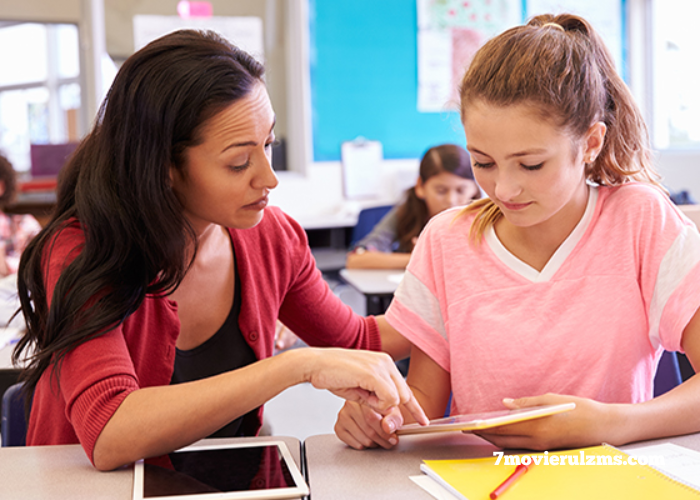In a rapidly evolving world, the key to a brighter future lies in the hands of our educators. The educational landscape is constantly changing, with new challenges and opportunities emerging every day. To navigate this dynamic terrain successfully, it is crucial to understand and implement essential education techniques that empower both educators and learners. In this article, we will delve into the core strategies that contribute to building a bright future through effective education.
The Foundation of Effective Education
To build a bright future, one must start with a solid foundation. The foundation of effective education lies in understanding the needs of individual learners. Recognizing the diverse learning styles, abilities, and interests within a classroom is paramount. By tailoring teaching methods to accommodate these differences, educators can create an inclusive and engaging learning environment.
Embracing Technology in Education
In the 21st century, technology has become an integral part of our daily lives. Integrating technology into education opens up a world of possibilities. Interactive whiteboards, educational apps, and online resources can enhance traditional teaching methods and make learning more engaging. Embracing technology not only prepares students for the digital age but also provides educators with tools to personalize instruction and track student progress effectively.
Cultivating Critical Thinking and Problem-Solving Skills
A bright future demands individuals who can think critically and solve complex problems. Education should go beyond the memorization of facts and figures; it should foster analytical thinking and creativity. Encouraging students to ask questions, analyze information, and solve real-world problems prepares them for the challenges they will face in their future careers and personal lives.
Fostering a Love for Lifelong Learning
The journey of education doesn’t end with a diploma or a degree. Lifelong learning is the key to staying relevant in a constantly changing world. Educators play a pivotal role in instilling a love for learning in their students. By creating a positive and curiosity-driven learning environment, teachers can inspire a lifelong passion for acquiring knowledge and adapting to new ideas and innovations.
Promoting Collaborative Learning Environments
In a connected world, collaboration is an essential skill. Educators should strive to create learning environments that promote collaboration and teamwork. Group projects, interactive discussions, and peer-to-peer learning activities not only enhance students’ social skills but also prepare them for collaborative work environments in their future careers.
Tailoring Education to Real-World Relevance
Education gains significance when it is connected to real-world applications. To prepare students for the challenges and opportunities they will face in the future, educators should emphasize the practical relevance of their lessons. Bringing in real-world examples, guest speakers from various industries, and hands-on projects can bridge the gap between theory and practice, making education more meaningful for students.
Nurturing Emotional Intelligence
In addition to academic knowledge, the development of emotional intelligence is crucial for personal and professional success. Educators should prioritize creating a supportive and empathetic learning environment that helps students understand and manage their emotions. Teaching empathy, active listening, and effective communication fosters emotional intelligence, preparing students to navigate the complexities of interpersonal relationships in their future endeavors.
Adapting to Individual Learning Paces
Every student is unique, and they learn at different paces. Recognizing and adapting to individual learning styles and speeds is essential for effective education. Differentiated instruction, personalized learning plans, and flexible assessment methods allow educators to cater to the diverse needs of their students, ensuring that no one is left behind and that everyone has the opportunity to succeed.
Conclusion:
Building a bright future through education requires a multifaceted approach that addresses the diverse needs of learners. From embracing technology to fostering critical thinking and promoting collaborative learning, educators play a pivotal role in shaping the future.
By staying attuned to the evolving educational landscape and implementing these essential techniques, we can create a generation of lifelong learners equipped to navigate the challenges and seize the opportunities of tomorrow.




